Chemical name: (2S)-2-amino-3-[4-(4-hydroxy-3-iodophenoxy)-3,5-diiodophenyl]propanoic acid
Formula: C15H12I3NO4
Overview
T3, also known as Liothyronine Sodium, is a potent synthetic form of the thyroid hormone triiodothyronine (T3). This hormone plays a crucial role in the body’s metabolism, influencing nearly every physiological process, including growth and development, metabolism, body temperature, and heart rate. Dragon Pharma, a reputable name in the pharmaceutical industry, manufactures these tablets to ensure precision, quality, and efficacy. Each tablet contains 25 mcg of Liothyronine Sodium, designed to provide controlled and reliable results.
Indications and Usage
T3 is primarily prescribed to treat hypothyroidism, a condition where the thyroid gland does not produce sufficient amounts of thyroid hormones. This deficiency can lead to symptoms such as fatigue, weight gain, cold intolerance, and depression. By supplementing the body with T3, these symptoms can be alleviated, restoring normal metabolic function and overall well-being.
Additionally, T3 is sometimes used in the treatment of goiter (an enlarged thyroid gland), thyroid cancer, and to aid in weight loss for those with thyroid hormone resistance. It’s also utilized in combination with other thyroid medications for more comprehensive treatment plans.
Mechanism of Action
Liothyronine Sodium mimics the natural hormone triiodothyronine. It exerts its effects by entering cells and binding to thyroid hormone receptors, which then interact with specific genes to regulate the transcription of various proteins involved in metabolism. This process enhances the basal metabolic rate, leading to increased energy expenditure, protein synthesis, and oxygen consumption by tissues. As a result, T3 directly influences how the body uses energy, which is vital for maintaining normal physiological functions.
Pharmacokinetics
Upon oral administration, T3 (Liothyronine Sodium) is rapidly absorbed from the gastrointestinal tract, reaching peak plasma concentrations within a few hours. Unlike its counterpart, T4 (Levothyroxine), T3 does not require conversion to an active form, as it is already biologically active. This makes T3 faster-acting, with effects that are often noticeable within days. The half-life of T3 is approximately 2.5 days, which necessitates daily dosing to maintain stable levels in the bloodstream. It is metabolized primarily in the liver and excreted through the kidneys.
Dosage and Administration
The dosage of T3 is highly individualized based on the patient’s condition, age, and response to therapy. For the treatment of hypothyroidism, the initial dose typically starts low, with gradual increases until the desired therapeutic effect is achieved. A common starting dose is 25 mcg daily, which may be adjusted by increments of 12.5 mcg every 1-2 weeks. In some cases, the dosage may reach up to 75-100 mcg per day, depending on the severity of the thyroid deficiency and the patient’s response.
It is important to take T3 as prescribed by a healthcare provider. The tablets should be taken on an empty stomach, usually 30 minutes to an hour before breakfast, to enhance absorption. Consistency in timing is crucial to maintain stable hormone levels in the body.
Side Effects
Like all medications, T3 can cause side effects, though not everyone will experience them. Common side effects include symptoms of hyperthyroidism, such as:
- Increased heart rate
- Palpitations
- Anxiety
- Sweating
- Weight loss
- Tremors
- Headache
- Insomnia
In rare cases, more serious side effects can occur, such as chest pain, shortness of breath, or irregular heartbeats. If any severe reactions are noticed, it is essential to seek medical attention immediately.
Long-term use of T3, especially in excessive doses, can lead to complications such as bone loss (osteoporosis) and muscle weakness. Therefore, regular monitoring of thyroid levels and dosage adjustments are crucial to avoid these risks.
Contraindications
T3 (Liothyronine Sodium) should not be used in individuals with untreated adrenal insufficiency, as it may exacerbate this condition. It is also contraindicated in those with hyperthyroidism or hypersensitivity to any component of the tablet.
Caution is advised when administering T3 to individuals with cardiovascular diseases such as angina, coronary artery disease, or a history of myocardial infarction, as it may increase the risk of cardiac complications.
Drug Interactions
T3 may interact with several medications, which could alter its effectiveness or increase the risk of adverse effects. Some notable interactions include:
- Anticoagulants: T3 can enhance the effects of blood thinners like warfarin, leading to an increased risk of bleeding.
- Insulin and Oral Hypoglycemics: T3 may alter blood glucose levels, requiring adjustments in the dosage of diabetic medications.
- Estrogen-containing medications: Oral contraceptives or hormone replacement therapy can increase the levels of binding proteins, reducing the effectiveness of T3.
- Beta-blockers: These medications may decrease the heart-stimulating effects of T3, which is particularly important in managing patients with heart conditions.
- Antacids and calcium supplements: These can interfere with the absorption of T3, reducing its efficacy. It is recommended to take T3 several hours before or after such supplements.
Special Populations
Pregnancy and Lactation: T3 should be used with caution during pregnancy, as thyroid hormones are crucial for fetal development. The medication is classified as pregnancy category A, indicating no risk in controlled human studies. However, thyroid function should be monitored closely, and dosage adjustments may be necessary. T3 is also excreted in breast milk, but the levels are typically not harmful to the infant. Nonetheless, close monitoring of both the mother and infant is advised.
Pediatric Use: T3 can be prescribed to children with hypothyroidism, but the dosage is carefully adjusted based on age and weight. Regular monitoring of growth and development is essential to ensure the treatment’s effectiveness and safety.
Geriatric Use: Older adults may be more sensitive to the effects of T3, particularly those with preexisting cardiovascular conditions. Lower initial doses and slow titration are recommended to minimize the risk of adverse effects.
Storage and Handling
T3 tablets should be stored at room temperature, away from moisture, heat, and direct light. The medication should be kept in its original container, tightly closed, and out of reach of children and pets. Proper disposal of expired or unused tablets is important to prevent accidental ingestion or misuse.
Conclusion
T3 (Liothyronine Sodium) 25 mcg tablets by Dragon Pharma offer a reliable and effective solution for managing thyroid hormone deficiencies. With its fast-acting properties and potent effects, T3 plays a vital role in restoring metabolic balance and improving quality of life for individuals with hypothyroidism and other thyroid-related conditions. However, due to its powerful effects, T3 should be used under the supervision of a healthcare provider, with regular monitoring to ensure safety and efficacy. As with any medication, adherence to prescribed dosages and awareness of potential side effects and interactions are crucial for achieving the desired therapeutic outcomes.


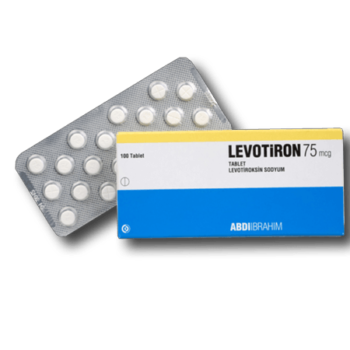
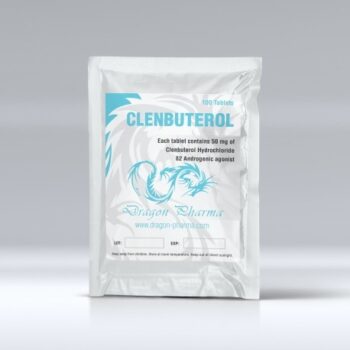
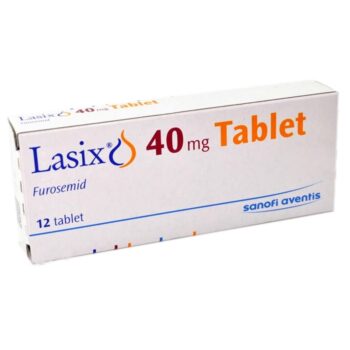
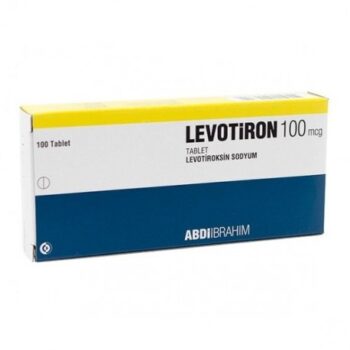
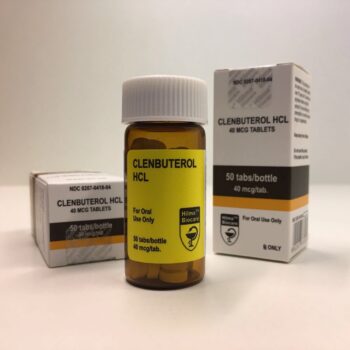
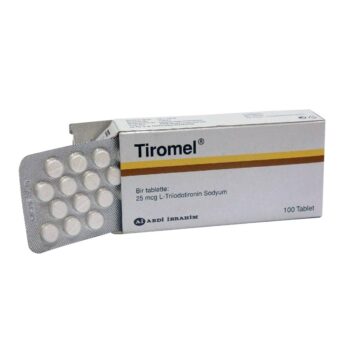
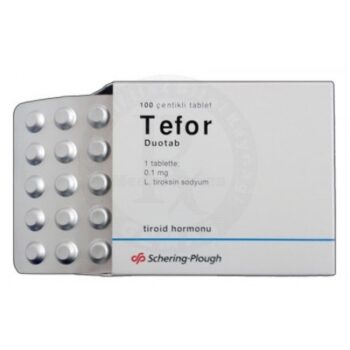


Reviews
There are no reviews yet.